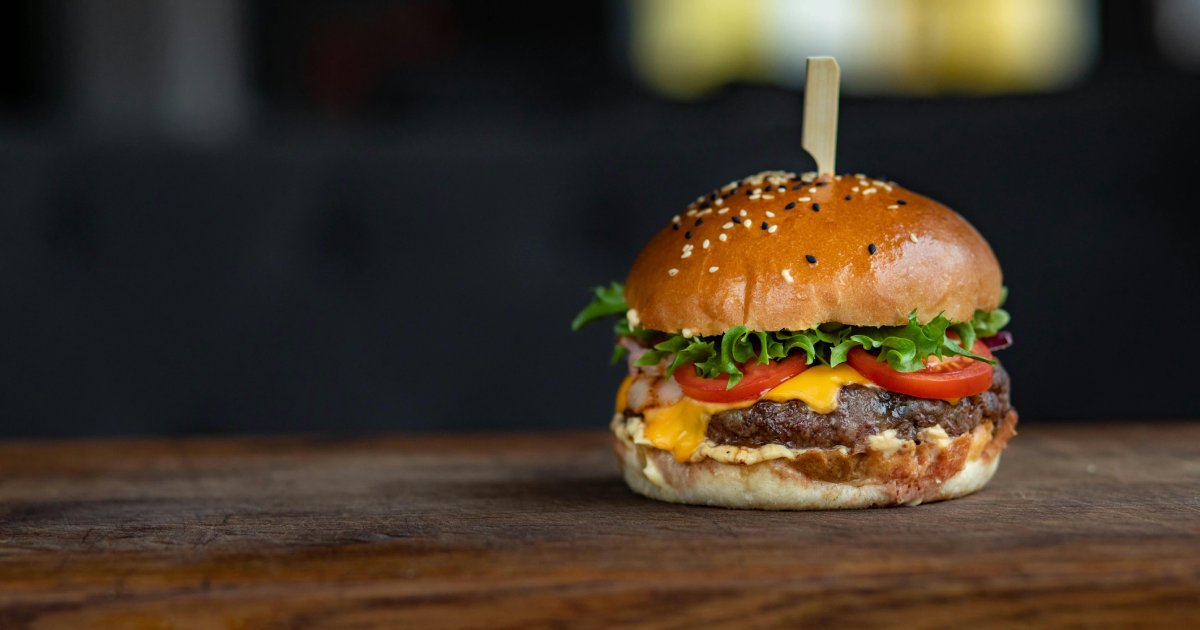Plant-Based Foods Struggle to Find Footing in Licensing

By Mark Seavy
While plant-based and vegan foods have raised their profile and made inroads with consumers, how that translates to licensing is still unclear.
That is due in part to the financial struggles of leading suppliers like Impossible Foods and Beyond Meat, as well as the added cost of minimum guarantees and royalties to an already premium-priced product.
Beyond Meat, for example, raised prices on its burgers, sausages, and other products made from pea, mung bean, and rice proteins as it reported an 18% decline in Q1 sales to $75.6 million. Unit sales fell 16.2% and dollar revenue slipped 2.3%. Its gross profit margin decreased to 4.9% (down from 6.7% a year earlier). Additionally, McDonald’s removed Beyond Meat’s McPlant burger from menus in Dallas, TX and San Francisco, CA where it had been tested at restaurants for two years but failed to generate enough sales.
Impossible Foods, meanwhile, announced a round of layoffs as it seeks to expand the market for its potato- and soy-based pork, chicken, and beef products. This news comes as the company weighs an IPO.
Overall, sales of plant-based food alternatives fell to $277 million last year, down from $528 million three years earlier. Plant-based milk accounted for 29% of sales (down from 37% in 2022), followed by creams and creamers at 11.9%, and yogurt at 7.3%, according to the Specialty Food Association.
“With plant and vegan foods, the raw materials—even though we use plant protein—the production cost is higher,” said Dominique Debroux, an executive at Altro Foods, which sells a pea protein and bamboo fiber-based burger mix under its own brand. “Americans want to eat more plant-based, but after the pandemic and inflation, the numbers have dropped off because it is more expensive than standard ground beef and consumers are thinking more about cost.”
These higher costs, however, haven’t discouraged some companies from entering the licensing business with plant-based products.
Keystone Natural Holdings’ Franklin Farm Division, for example, signed a licensing deal with Disney earlier this year. The six item co-branded (Mickey Mouse) line includes classic and barbeque veggie burgers, black bean and plantain balls, and Teriyaki tofu bites. Beyond also formed a joint venture with PepsiCo for vegan beef jerky that was sold through Stop & Shop and other grocers. Plant-based seafood—shrimp, crab, fish, and lobster products made from soy, wheat, pea and konjac—is expected to hit sales of $1.3 billion by 2031 (up from $42.1 million in 2021), according to Allied Market Research.
In the vegan chocolate space, supplier Vgan named five celebrities as brand ambassadors, including skateboarder Tony Hawk, snowboarder Terje Haakonsen, and chef Christopher Haatuft. These agreements include co-branding. Overall, the global market for vegan food is expected to grow 18.1% annually through 2027 when it hits $91.9 billion, up from $40.1 billion in 2022, according to BCC Research.
And while celebrity endorsements and licensing agreements have long been seen as surefire ways to expand into new categories, some in the plant-based and vegan food space believe the strength of these brands alone will be enough to reach consumers.
“At the moment, for a retailer to take in a product they want to take these in as their brands,” said Thomas Kraft, CEO at Vgan, which launched chocolate bars at Walmart. “I am not sure that a Disney version, for example, would add that kind of value.”




